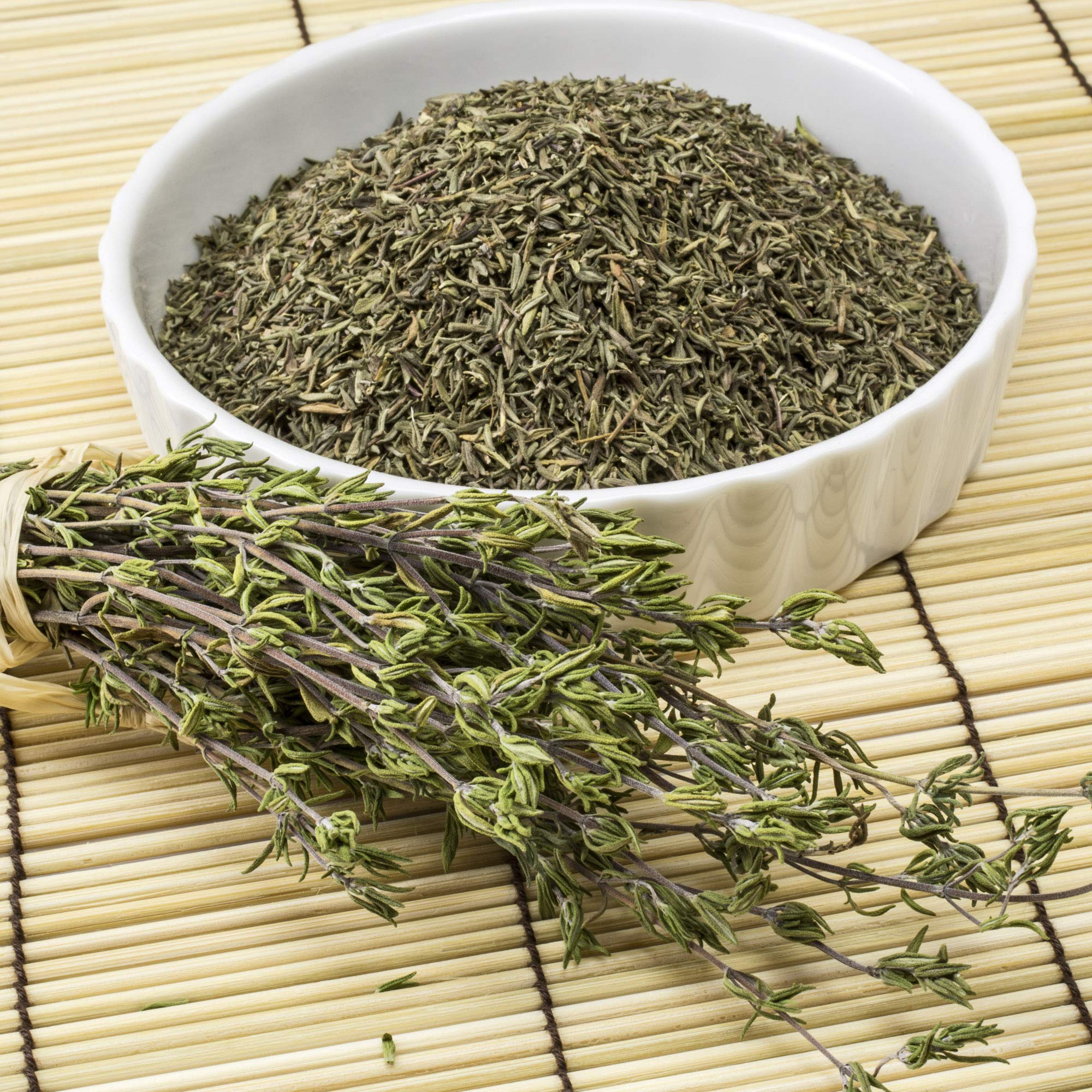Thyme
| Product Name | Thyme |
| Botanical Name | Thymus vulgaris. |
| Product’s Forms | Crushed |
| Season’s Crop | From Mid-March Till August. |
| Availability Time | All Over The Year |
| Container’s Capacity | – Crushed // 7 MT per 20 FCL & 14MT per 40 FCL (HC) |
| Packing | - Paper Bags. - Polypropylene Bags with Liner Plastic Bags. |
| Weight | 20 KGs Net Weight |
